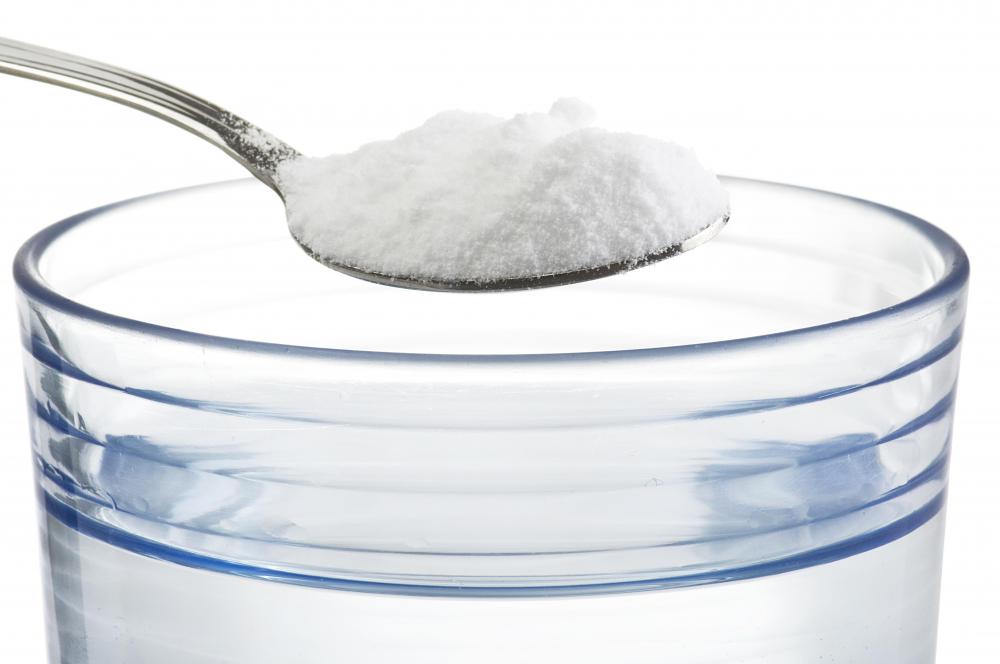Liebe Forumsmitglieder,
zu diesem Stichwort finde ich leider nur einen einzigen Beitrag. In Tierversuchen zeigte Inositol Hexaphosphat (IP6) eindeutig positive Ergebnisse, z.B.Inositol hexaphosphate suppresses growth and induces apoptosis in prostate carcinoma cells in culture and nude mouse xenograft: PI3K-Akt pathway as potential target.
http://www.ncbi.nlm.nih.gov/pubmed/19920184
Ich werde es jedenfalls mal versuchen. Man bekommt es als Nahrungsergänzung (Pulver 250g) z.B. bei myprotein.com
zu diesem Stichwort finde ich leider nur einen einzigen Beitrag. In Tierversuchen zeigte Inositol Hexaphosphat (IP6) eindeutig positive Ergebnisse, z.B.Inositol hexaphosphate suppresses growth and induces apoptosis in prostate carcinoma cells in culture and nude mouse xenograft: PI3K-Akt pathway as potential target.
http://www.ncbi.nlm.nih.gov/pubmed/19920184
Ich werde es jedenfalls mal versuchen. Man bekommt es als Nahrungsergänzung (Pulver 250g) z.B. bei myprotein.com


 )
)







Kommentar